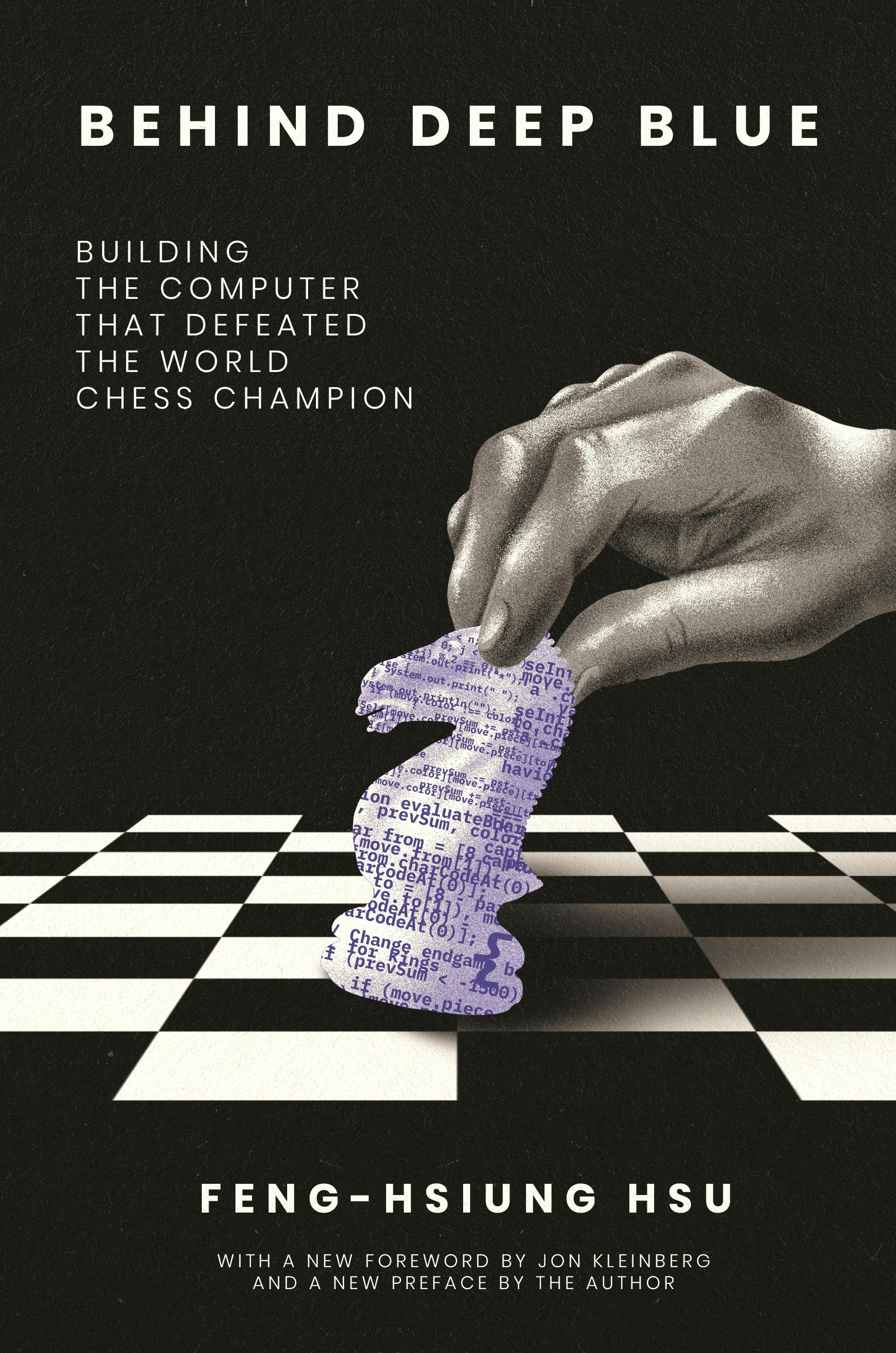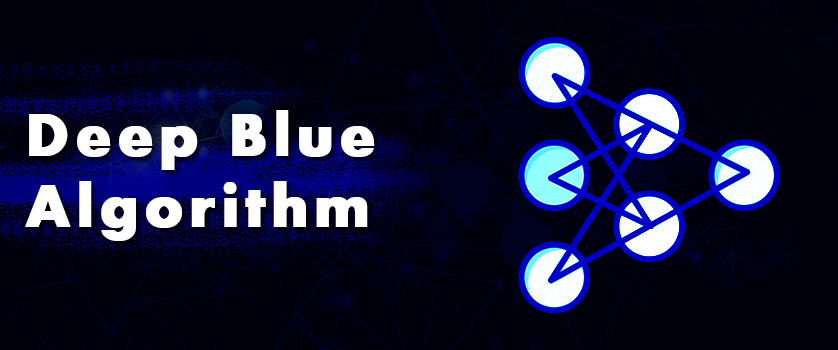

And he's here to speak on Kasparov's behalf. He's been Kasparov's aid, publicist and confidant for 14 years. MIG GREENGARD: You have to understand, he's a little frustrated talking about this stuff over and over again sometimes.įOO: That's Mig Greengard. And I don't know if this is true or not - I think we'll never know unless Kasparov says himself, but you probably won't get to talk to him because he doesn't like to talk about the subject.įOO: Yeah, Kasparov spent suggesting that IBM cheated, and he hasn't really talked about the game for many years - until now. Deep Blue was very strong but wasn't that strong. The only thing was - there was no logic.ĬAMPBELL: The more obvious explanation is that there was a bug.įOO: A glitch - the kind of plot twist only a nerd could love.ĬAMPBELL: Due to a bug in the program, unfortunately, it had played a random move.įOO: But Kasparov didn't know that, and Murray guesses that Kasparov was so caught up thinking the machine do something that he didn't that he lost it, and the whole rest of the match was a landslide.ĬAMPBELL: My theory is that Kasparov might have seen the drying opportunity but didn't, because he was overestimating Deep Blue's capability and assuming that it was incapable of making a mistake that would allow a draw.

Murray says he heard Kasparov's team stayed up that night trying to analyze the logic behind that move - what it meant. And then at the last second, it switched to a completely different move and played it.ĬAMPBELL: And this particular move was really bad, and so it caused us to give up the game right away.įOO: This really bad move confused Kasparov. At the end of the game Deep Blue did something weird - it committed suicide.ĬAMPBELL: Deep Blue was calculating a particular move that it could make that would prolong the game as long as possible. It was clearly to any chess expert in the audience, that Deep Blue was going to lose in the long run.įOO: But here's where it's interesting. MURRAY CAMPBELL: Near the end of game one Kasparov had reached a very strong position. So since 1997, people have always speculated - what happened in game two? Did he quit because the computer was really so much smarter than he was? Then recently this book by Nate Silver came out called "The Signal And The Noise." In it Murray Campbell, one of the engineers who created Deep Blue and who was at the match, comes out and says that he thinks he knows what really happened, and he says it starts in the first game - the game Kasparov won. UNIDENTIFIED FEMALE: The match now stands at one game apiece.įOO: Now, the match was best of five games, with Kasparov eventually losing the whole thing, but the turning point was when he forfeited that match. If he had not stormed off the stage and just played his normal game, he could've tied Deep Blue.

The night after the game, his fans analyze the match and figured something out - something Kasparov, an undefeated grandmaster should have seen. He's is rubbing his face, sighing, and then abruptly Kasparov just walks off the stage and quits - forfeits the game. He's even beaten Deep Blue once before, so he is going into this rematch totally confident, and true enough - bam - Kasparov wins game one easy.įOO: But then game two is where everything starts to go wrong. He was destroying all the grandmasters at the age of 22.

Now the weather.įOO: Now Kasparov has never lost a match - ever. MAURICE ASHLEY: This is international chess match, I'm Maurice Ashley. And for people who wanted to believe that the human brain was still stronger than computers, this was a huge deal. UNIDENTIFIED MAN: Deep Blue and Garry Kasparov, the world's chess champions.įOO: It's 1997 - world chess champion Garry Kasparov versus Deep Blue, a computer designed by IBM. This story is about chess, but not just any chess game - one of the most famous ever. The real machine and someone raging against it. Well, Stephanie - Stephanie promptly brought me a story about raging against a machine. You've been smoking the company line, you got to loosen up, come on, the rules are meant to be broken - it's time to rage against machine - lady rage, come on. And I told her, I said Stephanie, don't be such a drag. And speaking of Stephanie Foo, she likes to take things literally.


 0 kommentar(er)
0 kommentar(er)
